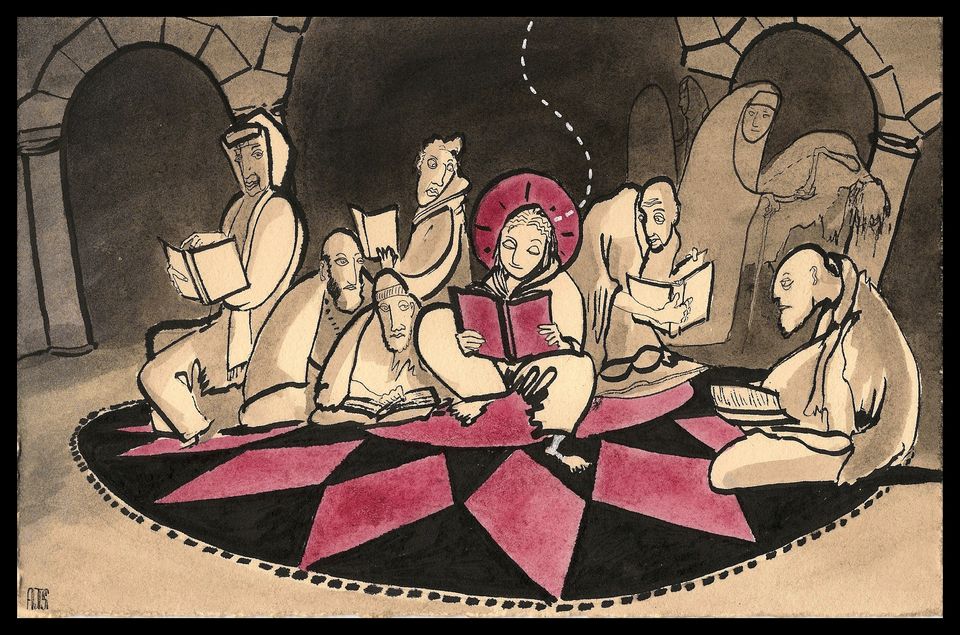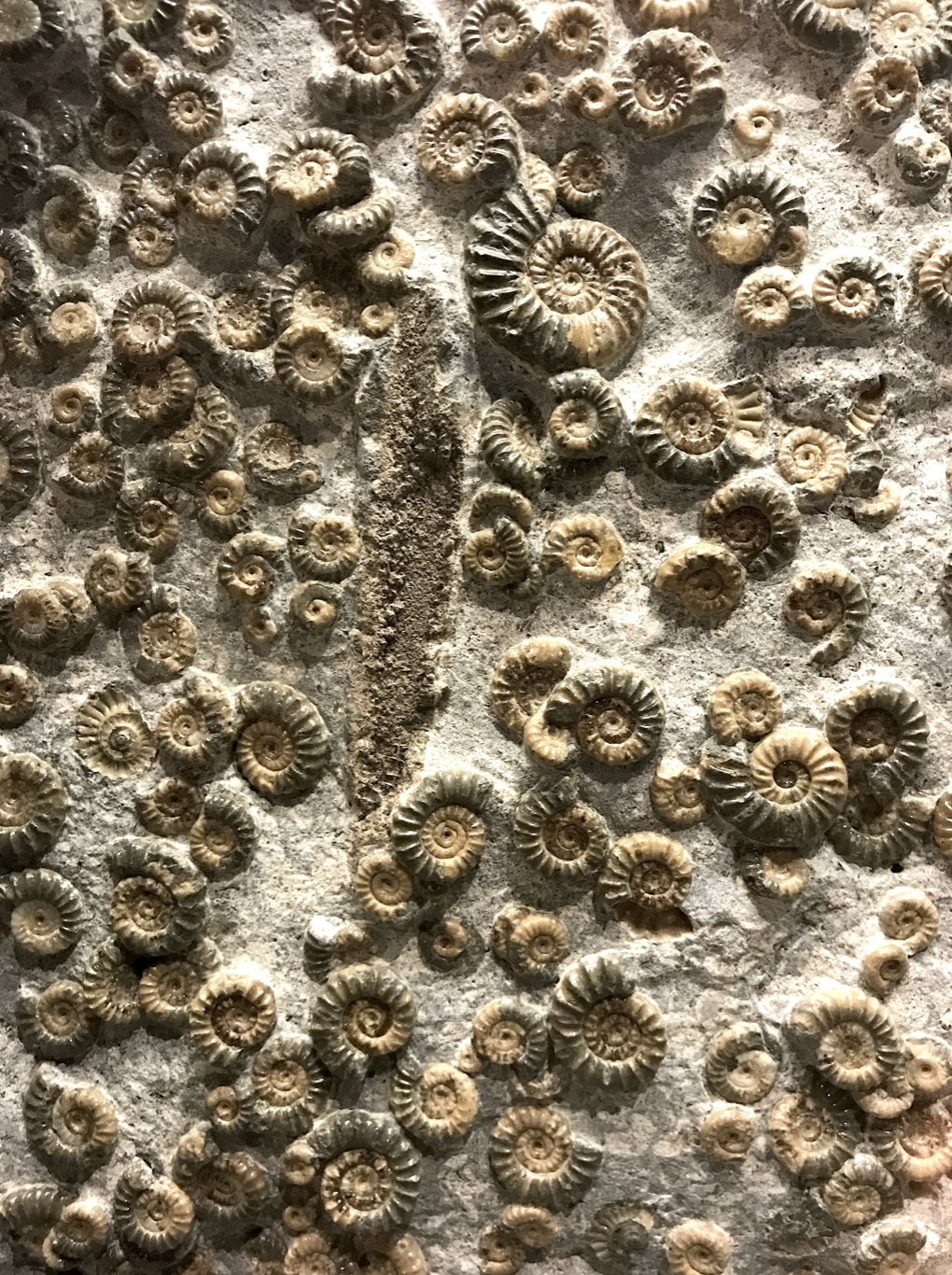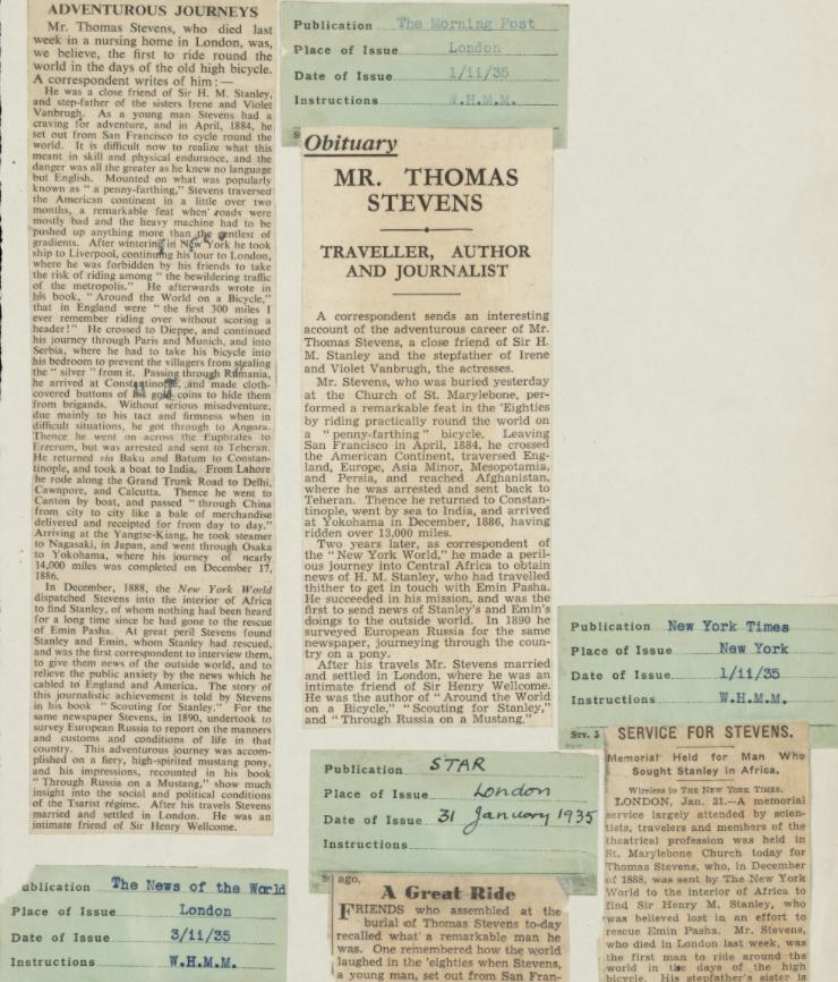This is part two of our editors and staff writers sharing the books, movies, or music they loved in 2014. What they contributed didn’t have to be from 2014. And so here we have a personal mix of beloved cultural artifacts (a lot of which are books). This piece was illustrated by Milwaukee artist Adam Stoner.

Alex Miller
“In the forty years it took me to write this book,” the essayist, poet, and translator Clive James writes at the beginning of Cultural Amnesia, “I only gradually realized that the finished work, if it were going to be true to the pattern of my experience, would have no pattern.” Like many celebrated contemporary authors (one thinks of the novelist David Mitchell, or the poet Robert Hass), James wants to salvage a meaningful pattern from the ruins of the conflicted twentieth century. With magnetic wit and cold skepticism, he makes the attempt in an alphabetically-organized collection of biographical essays, and as he discusses the life and work of figures as widely dispersed as Duke Ellington, Coco Chanel, Egon Friedell and Josef Goebbels, his axiomatic style and compassionate humanism make every salvaged memory exhilarating for the reader. Published in 2006, this is James’s masterpiece, a collection that elevates the cultural essay to a form of high literature, and hopes to show us that in spite of our horrendous inhumanity, history might be what Hegel thought it was: “liberty becoming conscious of itself.”

Julie Hamilton
For me, this year has been about watching auteur writer/director Woody Allen’s minor works, the pieces he made between his beloved academy award-winning Annie Hall and Manhattan, as well as ones no one ever watches. As a contemplative comedian-turned-filmmaker, his “routines” of approximately 90 minutes often recycle characters in their philosophical questions through re-imagined scenarios. Making on average a film a year, he has an extensive oeuvre. Three of my favorite underappreciated Woody Allen films are Alice, Interiors and The Purple Rose of Cairo.
Alice is his 1990s spin on Alice and Wonderland, where a pampered Upper East Side, Escada-wearing mom seeks help for her ailing back from a Chinatown medicine man, and through psychoanalyses uncovers her unhappy marriage instead. A dark comedy and commentary on social class.
Interiors is Allen’s tribute to filmmaker Ingmar Bergman, a psychological drama of a New York family dealing with their mother’s mental illness. The interiors of Allen’s characters and the spaces they dwell within are a haunting nod to Bergman’s Kierkegaardian existentialism.
The Purple Rose of Cairo is about a woman’s escape from reality by daily frequenting the cinema, in the vein of Walker Percy’s The Moviegoer. When the main character (Jeff Daniels) of the film she watches exits his film into the world of the audience (Allen’s film), Allen’s sophisticated yet subtle play on film theory considers the relationship of the audience to the work of art.

Amy Wilson Sheldon
I’m not Irish, but I live in Ireland. So when I talk to Irish writers – which I have the great fortune of doing once in a while – I often ask them if they consider themselves “Irish writers” or their books to be indicative of “Irish literature.” I’m mostly met with chuckles—“that’s such an American question”—or annoyance at the notion. But as an outsider looking in, there are three books I read this year that have helped me understand this place. What Are You Like? by Anne Enright is essentially a book about twins separated at birth, yet, at its core, delves into the different ways we sense things, particularly given our surroundings and the settings.
In 2014, I also re-read The Commitments by Roddy Doyle. You want a glimpse into working-class Dublin? Sure, you can watch the movie or listen to the soundtrack again, but read the book and really savor the dialogue that Doyle has put forth. You may need a glossary, though.
And then there’s Donal Ryan, author of The Thing About December (as well as the acclaimed The Spinning Heart). It was another Irish writer who at a recent event said this about Ryan: “He just can’t construct a bad sentence.” ‘Tis true. I’ve always thought that Irish authors should be proud of their “Irishness,” for despite the lack of leprechauns and fairies, these books encompass the kinds of magical writing that put a definitive passport stamp on our psyches.

Jenni Simmons
This year, I devoured beautiful poetry — What the Light was Like by Luci Shaw and Blue Horses by Mary Oliver, both of which helped to heal and reset my brain. These sages reminded me of the art of seeing. As Mary Oliver said in her poem “Good Morning” — “It must be a great disappointment to God if we are not dazzled at least ten times a day.
I read A Prayer Journal by Flannery O’Connor, which was brilliant in that stark, sarcastic, reverent/irreverent way she had with words. I prayed a few of her prayers myself, “Dear God please help me to be an artist, please let it lead to You.” I felt guilty as I laughed during a few of her prayer entries, but hilarity was in her bones.
I tried to finish the last half of The Empathy Exams by Leslie Jamison, but I couldn’t process anything that brilliant during the stressful, exhausting two weeks when my mom was waiting to have unexpected heart surgery. I enjoyed The Fault in Our Stars by John Green. But I spent most of the hospital time reading the Divergent series by Veronica Roth — easy, mindless, and enjoyable reads.
The book I most anticipated this year was Lila by Marilynne Robinson. I realize she has not written a trilogy per se, but Lila contains such satisfying continuity from Gilead and Home by way of truly exquisite writing. I confess that I’m a romantic, and the sweet, awkward conversations between the old preacher and Lila made me swoon. The hardships and shame of Lila’s early life made me wince. Her baptism made me cry.
I love how Marilynne Robinson pulled Rev. Ames and Lila out from behind the epistolary narration in Gilead and enfleshed their unlikely courtship, marriage, and parenthood onto the pages of Lila. I savored the story, reading slowly as if I were meandering Lila’s complicated and redemptive life alongside her. I only hurried a bit toward the end to verify that it was my favorite book of 2014 and indeed it was.

Meaghan Ritchey
Music from the 95 Corridor
Starting from the south: Releasing solo records from Howard Ivans of The Rosebuds and also one from Megafaun’s Joe Westerlund under the AliasGrandma Sparrow & His Piddletractor Orchestra, I’m grateful and glad for what Matthew E. White is doing in Richmond VA with Spacebomb Records. Wye Oak (Shriek) and Future Islands (Singles), both from Baltimore, released the albums I danced with a hairbrush microphone to, and at SXSW I thought their shows were the most fun by far. Baltimore Bonus: Dean Deacon‘s newest will be released in Feb 2015. I also found myself listening to The War on Drugs’ new album Lost in the Dream more often than not. Not off I-95, but still, Nashville let William Tyler rise to the top (for me at least) with his full-instrumental release Impossible Truth which I started to listening last autumn and never stopped.

Laura Brown
I wouldn’t have found poet Kevin Young’s Book of Hours if a friend hadn’t invited me to read it with her. Many of the poems deal with the death of his father; others reflect on the birth of his son. We read a poem a day, almost, and took turns being the one to initiate the nearly daily email discussing them. The book itself is a marvelous collection, a mix of loss and reckoning and humor, with the rhythms of jazz throughout. But the experience of working through it with a friend is one of the things I loved most in 2014. I can recommend that, too, with any book of poetry that both agree on.
I don’t own a TV and I seldom watch Netflix, but I got hooked on Breaking Bad. Anyone who’s seen it knows it’s a fascinating story arc, with top-notch acting and a textured range of suspense and drama and humor. As the story got darker and harder to watch, the thing that kept me tuning in was Aaron Paul’s character, Jesse Pinkman, who, I’d argue, is easily the most moral character in the show.
My rule for Christmas music is “not until after Thanksgiving.” I broke it when the New York Times’ Press Play streamed Over the Rhine’s latest, Blood Oranges in the Snow, their third CD in the genre they call “reality Christmas.” This is a crappy season for a lot of people, and even the strongest adult sense of wonder is like a Crayola 24-pack compared to the 96-box-with-sharpener of childhood. This music acknowledges the tarnish and still finds the wonder.
Wonder infuses and animates the essay collection Things That Are by Amy Leach. They’re divided into “Things of Earth” (like trees and sound and sea cucumbers) and “Things of Heaven” (like moons and stars). She’s like the kid at the science fair who has studied her thing obsessively and has all kinds of fascinating things to tell you about it, except all grown up, so winsome in her writing style and so full of unusual questions and packing all kinds of things into each essay and somehow they fit. I’d read anything she writes. I haven’t yet finished Loitering, New & Collected Essays by Charles D’Ambrosio, but I’m nuts about his writing, too — distinctive voice, engaging personality, precise vocabulary along with an appealing sort of rumpledness. Both of them have minds it’s fascinating to be inside. Both of them make me wish I could write like that.




